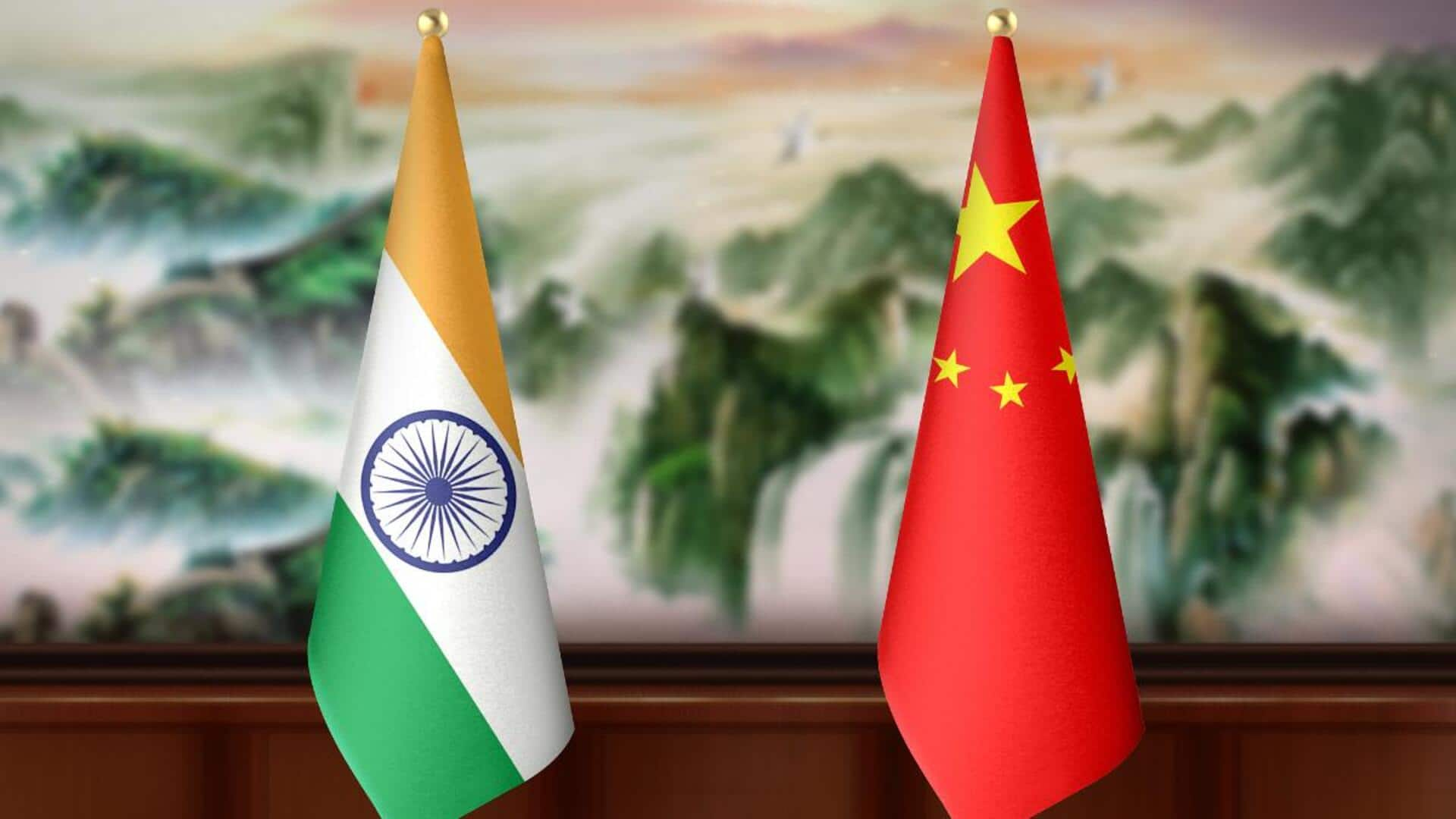
How Indian industries can benefit from better ties with China
What's the story
India is looking to capitalize on its improving relationship with China to boost trade in several sectors, including fertilizers, rare earth minerals, electronics manufacturing, and foreign direct investment (FDI). This comes as New Delhi deals with tariff challenges from the United States. The US has taken a tough stance against India over its ties with Russia and oil imports from the country.
Trade dynamics
China's export restrictions
Earlier this month, China lifted restrictions on the export of Di-Ammonium Phosphate (DAP) fertilizers, rare earth magnets, and tunnel boring machines. The move was welcomed by India as a short-term relief. However, industry insiders have warned that this reprieve may be temporary as China plans to reimpose export restrictions on specialty fertilizers from October onward.
Market impact
Impact on Indian farmers
India heavily relies on China for specialty fertilizers, with 80% imported directly from the country and another 20% through intermediaries. The previous supply halt had led to a 40% price surge, and new restrictions could further increase costs during the peak demand season for cash crops like grapes and bananas. This could directly affect farmers across India.
Industrial concerns
Rare earth magnets
The auto and electronics industries have raised major concerns over China's restrictions on rare earth magnets, which are essential for motors, batteries, and advanced electronics. These restrictions had created bottlenecks that could have slowed down Indian production lines. Talks between India and China over the supply of rare earth magnets remain unresolved as both countries negotiate export rules.
Manufacturing prospects
Electronics manufacturing ecosystem
India is also eyeing potential Chinese collaboration to scale its electronics manufacturing ecosystem. Several electronics manufacturing services (EMS) companies have proposals pending with the government for joint ventures and technology-transfer deals with Chinese suppliers. These partnerships are seen as crucial for local production of printed circuit boards (PCBs), display modules, camera sub-assemblies, and batteries.
Import dependency
Dominance in India's imports
China's dominance in India's imports is stark, with the country supplying over 90% of India's imports in categories like railway axles and wheels ($153 million in FY25), weighing machines ($18 million in FY25), streptomycin antibiotics, and even low-value items like table fans. In many consumer categories like lighters and jewelry boxes, import dependence shot up to over 90% post-pandemic.
Investment policy
Easing restrictions on Chinese investments
India is also mulling over easing restrictions on Chinese investments. Under Press Note 3, introduced in April 2020, all investments from nations sharing a land border with India require prior approval. However, officials have indicated that this stance may change. Recently, NITI Aayog has recommended removing mandatory approvals for up to 24% Chinese FDI in select sectors.